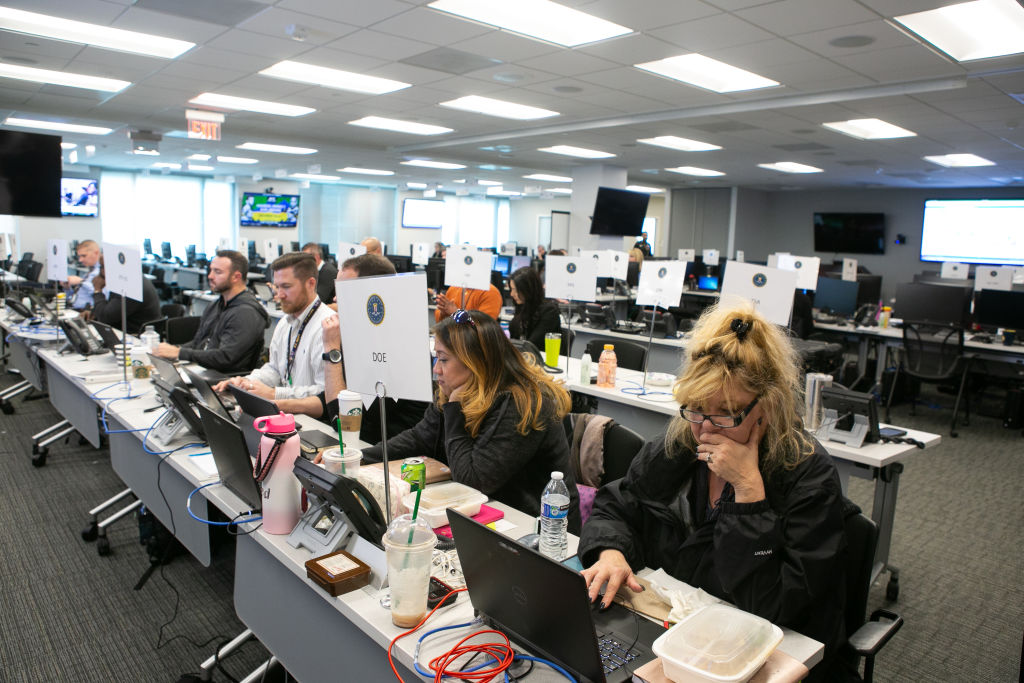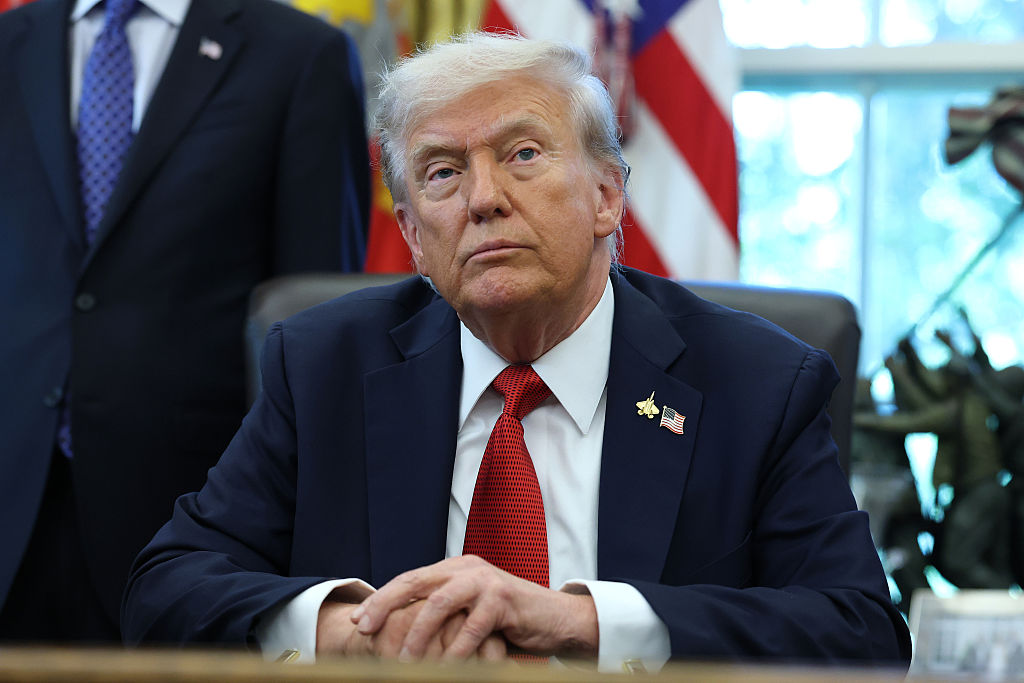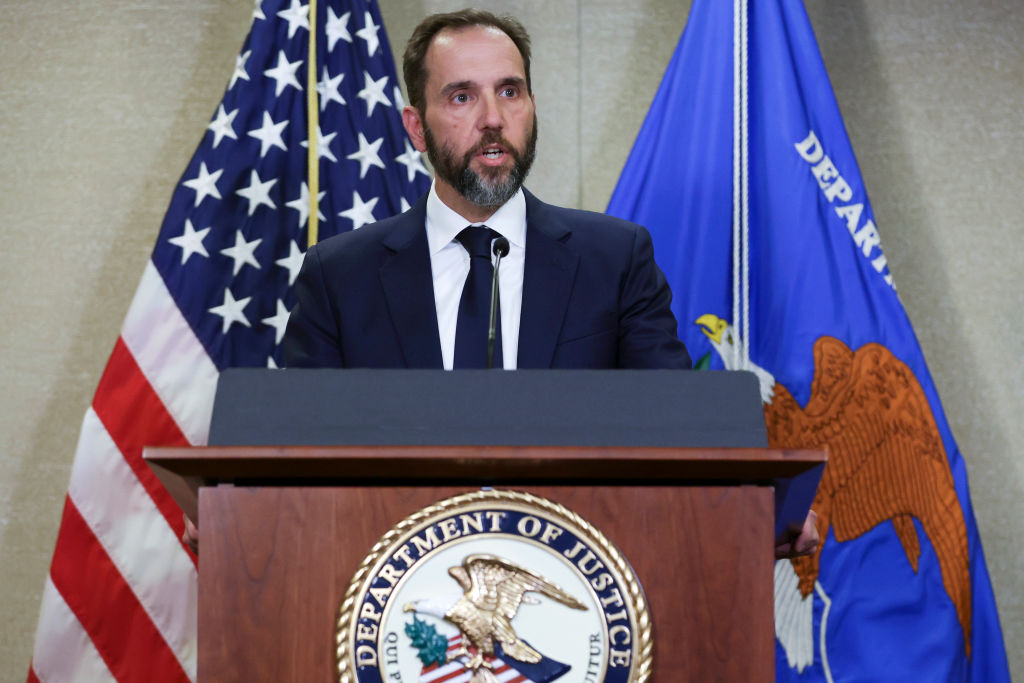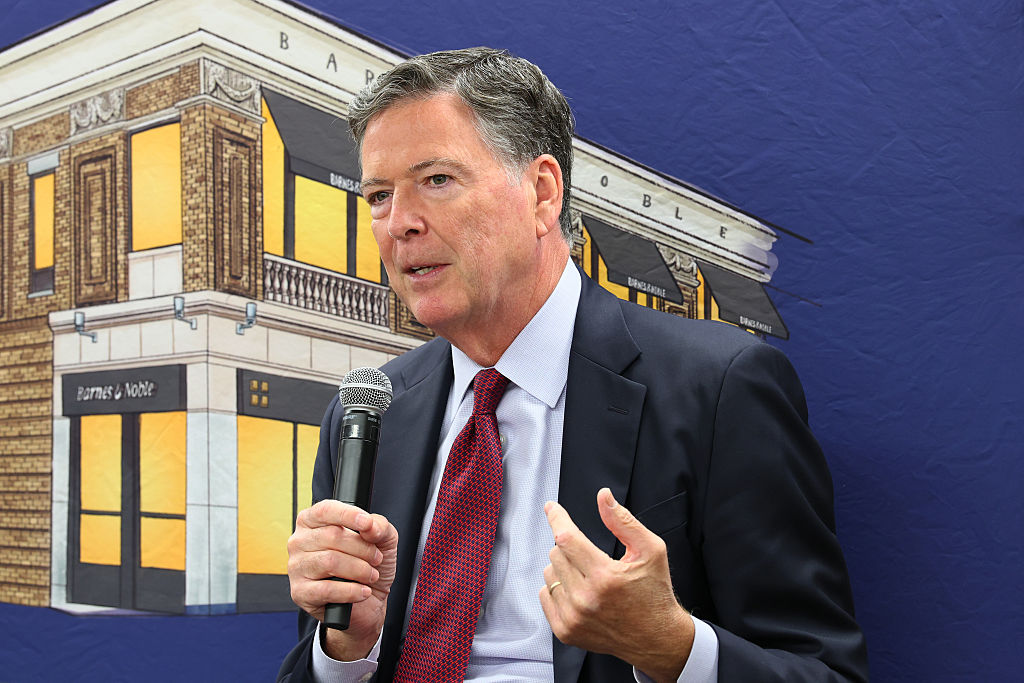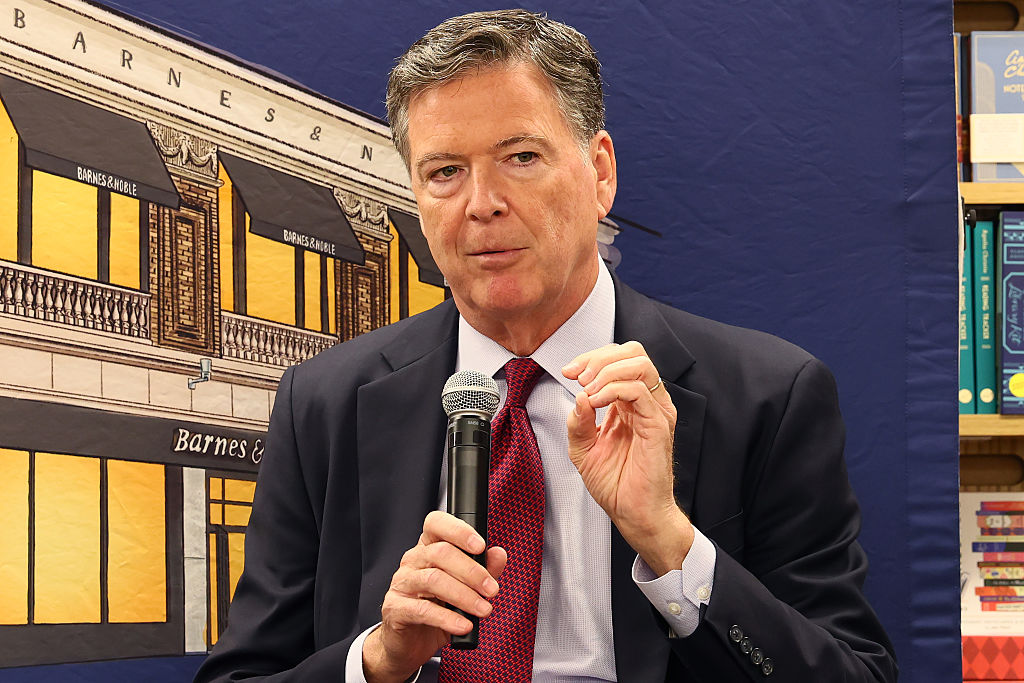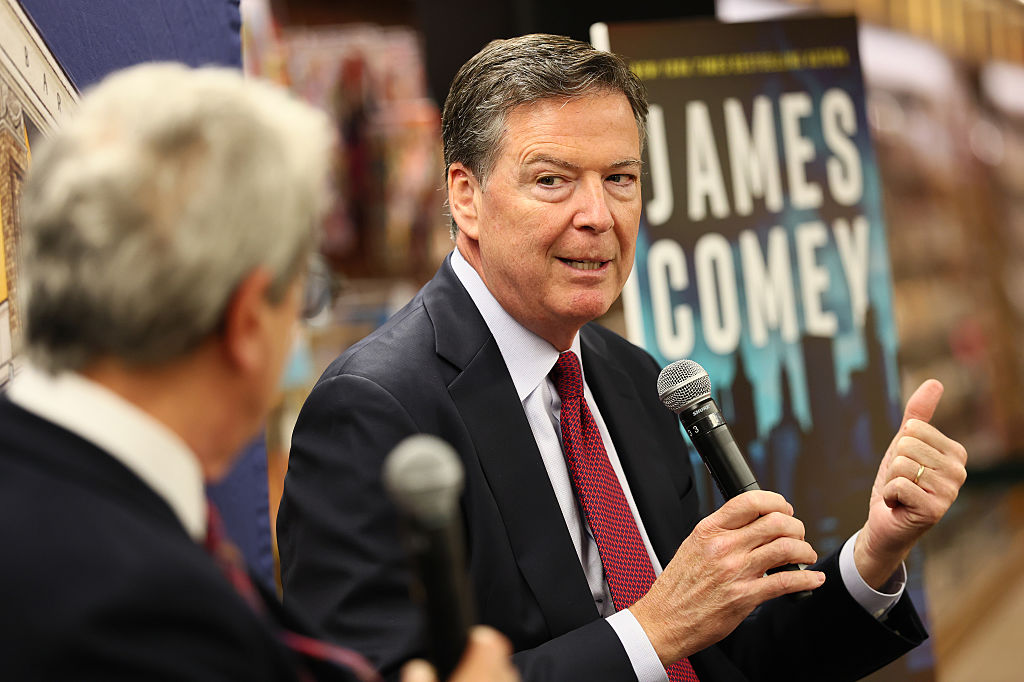In a political era defined by abnormalities, few developments are as bizarre as the newfound liberal admiration for federal law enforcement.
Given its rich history of activism and countercultural tendencies, the left has traditionally regarded federal law enforcement with hostility. Looking back, this attitude has been largely earned.
Throughout the 20th century, radical leftists were relentlessly targeted under the guise of protecting America from seditious ideologies. For instance, from 1919 to 1920 thousands of suspected communists were arrested in sweeping raids that spanned 23 states. Subsequent attempts to combat ‘subversives‘ would prove no less appalling: in 1964, the FBI hatched at blackmail plot aimed at coercing Dr Martin Luther King, Jr. to commit suicide.
Given this sordid past, it’s unsurprising that many Democrats viewed the FBI’s treatment of Hillary Clinton in 2016 as more of the same. In the New York Times, Andrew Rosenthal accused erstwhile FBI director James Comey of ‘interfering…on behalf of the Republican party’. The Guardian went further, offering a portrait of the FBI that suggested it was ‘Trumpland’.
But the world spins in a different direction only a few years later: allegations of a partisan conspiracy come from the right, while federal investigators are héros de la résistance. Indeed, firing the man once blamed for Clinton’s electoral demise has become an impeachable offense, and his testimony fit for yoga watch parties.
Of course, tribal loyalties easily explain these transformations — investigating enemies is righteous, while investigating allies is nefarious. Once federal agents began probing Trumpworld, many of his supporters discovered the virtues of due process overnight, while Democrats began sounding like rural sheriffs, spewing platitudes about innocent people having nothing to hide.
So whose side are the feds really on? This is likely the wrong question. As Jack Goldsmith and Bob Bauer note, the ‘problems at the FBI revealed by multiple inspector-general investigations do not cut politically in one direction’. Individual political biases exist, but the overarching bias is institutional. Federal investigators fashion themselves as guardians of order and seek to defeat those they think threaten it, whether environmental activists, right-wing populists, or drug dealers. While the vast majority are patriots committed to the public good, their righteousness can manifest itself in dangerous ways, fostering an ‘ends justify the means’ mentality.
One such case study is presented by DoJ Inspector General Michael Horowitz’s report examining the FBI’s use of FISA while investigating the Trump campaign. The IG report exposes a pattern of misconduct that, in every significant instance, disadvantaged the suspect. This is all the more disturbing given that FISA applications are approved 99 percent of the time. While FISA’s defenders have long claimed that this statistic is misleading, Horowitz’s report compels us to ask whether the hurdles we expect the government to clear before jettisoning our liberties are, in reality, mere rubber stamps. If rules are bent in such a high-profile case, how often do run-of-the-mill suspects fall prey to such ‘oversights’?
While we romanticize ideals like ‘innocent until proven guilty’, the truth is that the scales are tipped heavily in the government’s favor. In fact, they almost never lose: the DoJ’s conviction rate regularly exceeds 95 percent. This unsettling statistic is largely explained by a draconian federal code and the aggressiveness of prosecutors. For example, if someone accused of bribing her daughter’s way into USC dares mount a defense, prosecutors will likely hit Aunt Becky with charges better reserved for someone washing money for the Sinaloa cartel.
The goal? Capitulation. While we like to imagine the adjudication of truth or fair justice to be the principal motivation driving our system, the desire to swiftly dispose of cases and protect prosecutors’ near-perfect records more often prevails. The latest US Sentencing Commission’s report reveals that a staggering 97.4 percent of offenders pleaded guilty, rather than being convicted in trial. The prospect of years in a hellacious federal prison reliably inspires people to leap for any deal on offer.
Some readers will surely be unmoved, confident that they are law-abiding citizens. But have they ever gotten lost in the woods? Faked a sick day? As Mike Chase hilariously demonstrates in How to Become a Federal Criminal, federal law criminalizes a virtually infinite range of behavior, from moving a park bench to making an ‘unreasonable gesture’ to a passing horse. Indeed, no one actually knows the total number of federal crimes (all attempts at a tally have ended in failure.) Sure, prosecutorial discretion typically prevents the most obscure of these offenses from being charged. But the potential for abuse remains: just ask the ‘Michigan Fish Dealer‘ doing time for ‘trout trafficking’.
Federal investigators can devise a plausible justification to target almost anyone. And if their initial suspicions prove unfounded, they are adept, as former prosecutor Ken White notes, at ‘turning investigations of crimes into schemes to produce new crimes’. ‘It is routine,’ he emphasizes, ‘to convict people not for the subject of the investigation but for how they react to it.’
There is no shortage of hypocrisy on either side. But our views of law enforcement cannot be governed by tribalism: overlooking injustices perpetrated against our adversaries only reinforces behavior that harms all Americans.
Our system grants federal law enforcement extraordinary power to ruin lives. The time has come for Americans of all stripes to ask how freely they should be allowed to wield it.



